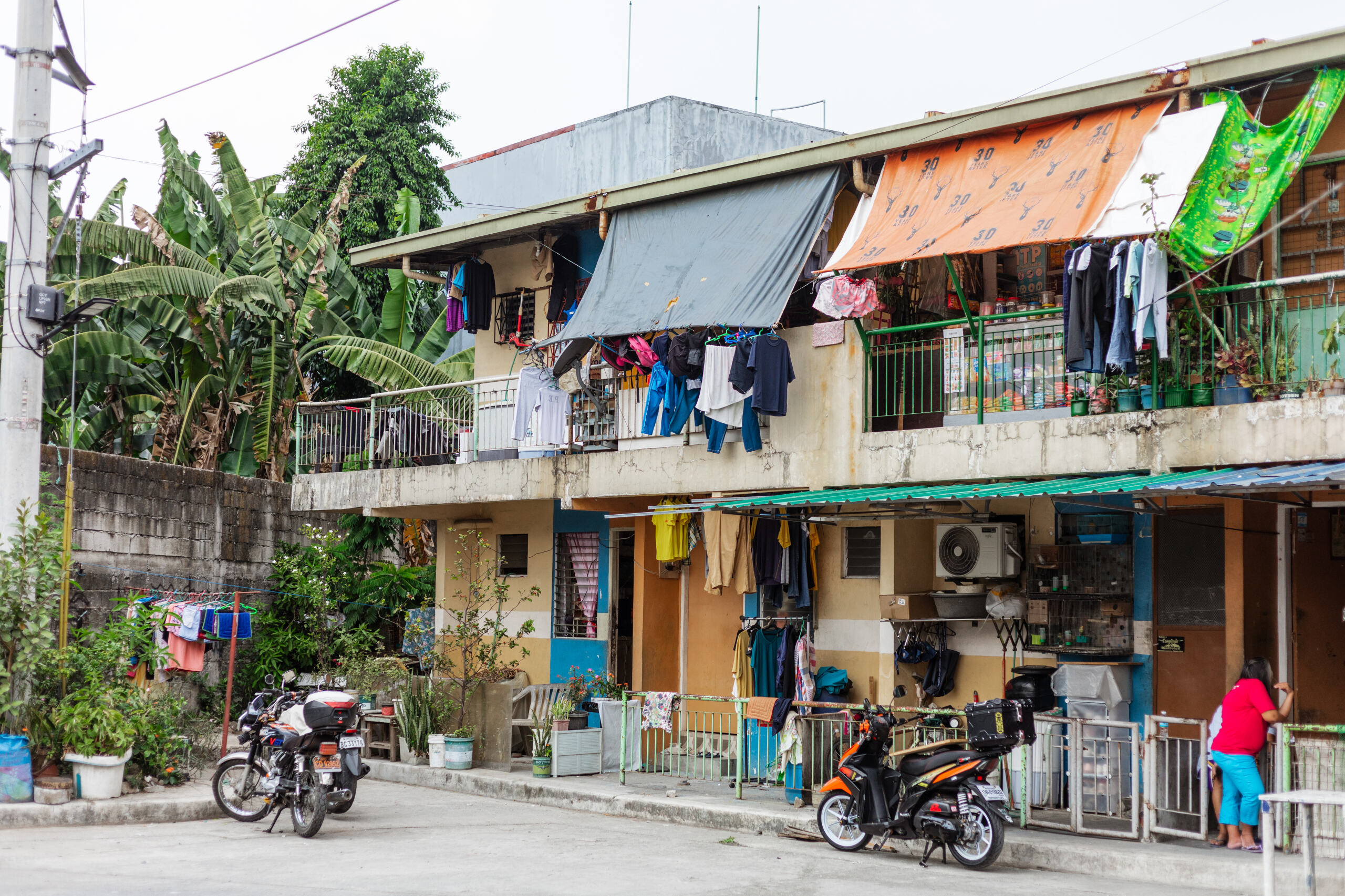Investing in housing improvements could avert 43 million instances of gender-based violence.
MANILA, June 2, 2025 - (ACN Newswire) - Ahead of the 2025 Group of Seven (G7) Summit, a groundbreaking new report from Habitat for Humanity International reveals that improving housing conditions in informal settlements has the power to enhance women’s health outcomes.
The report, “Informal Settlement Improvements and Women’s Health”, provides evidence that millions of illnesses and instances of violence, and thousands of avoidable deaths, could be prevented within the first year of investing in adequate housing and slum upgrading. With over 1.1 billion people living in informal settlements globally today, and women disproportionately affected by unsafe living conditions, these findings are more relevant than ever.
“We already know that when people living in informal settlements do better, everyone does better,” said Jonathan Reckford, CEO of Habitat for Humanity International. “We now know that investing in informal settlements has a direct correlation to women’s positive health outcomes. Global actors must recognize the strong connections between housing and health—and integrate community-led housing solutions with public health policies.”

Key findings
Using predictive analysis and a comprehensive review of global data on women’s health, the report finds that within just one year of implementing key housing improvements in informal settlements, the world could see:
- 20.3 million illnesses prevented, including respiratory and reproductive infections, and heat-related sickness. This improvement to women’s health is comparable to cases of paralysis avoided by the polio vaccine over 37 years.
- 42.9 million incidents of gender-based violence prevented, with at least one in every 17 cases of sexual violence prevented.
- 80,200 preventable deaths avoided, including one in four maternal deaths and one in six deaths from heat stroke.
Accounting only for 28 countries in the Asia-Pacific region, this translates to 6 million illnesses and 10 million incidents of gender-based violence prevented as well as more than 4,000 maternal or climate-related preventable deaths avoided. Women living in slums in Bangladesh and India—home to some of the most densely populated urban areas in the world—stand to gain most from these positive outcomes. Benefits can be seen even in wealthier countries such as Japan and Korea.
The report underscores that adequate housing improvements—such as better ventilation, sanitation, proximity to healthcare, and access to green spaces—has wide-ranging benefits for women’s health and the sustainable development of their communities.
A call for bold action
Habitat for Humanity calls for urgent, coordinated action from governments, donors, and implementing partners to address the interconnected challenges of housing and women’s health.
- To national and local governments: Recognize the strong connections between housing and health, especially for women living in informal settlements. This means integrating gender-responsive and community-driven housing and slum upgrading initiatives as part of public health policies.
- To donors, especially G7 member states: Embrace a holistic approach to global health that includes adequate housing investments and commitment to gender-transformative foreign aid— leading to long-term, integrated solutions for the welfare of all.
- To implementing organizations: Embed gender-sensitive approaches in every project—from infrastructure to service delivery. Residents of informal settlements and their partners play a crucial role in improving evidence-based policymaking by promoting women's leadership and addressing data gaps.
Download the full report.
About Habitat for Humanity
Driven by the vision that everyone needs a decent place to live, Habitat for Humanity found its earliest inspirations as a grassroots movement on an interracial community farm in U.S.A. Since its founding in 1976, the housing organization has grown to become a leading global nonprofit working in more than 70 countries. In the Asia-Pacific region since 1983, Habitat for Humanity has supported millions of people to build or improve a place they can call home. Through financial support, volunteering or adding a voice to support affordable housing, everyone can help families achieve the strength, stability and self-reliance they need to build better lives for themselves. To learn more, donate or volunteer, visit habitat.org/asiapacific.
For further information or to set up interviews, please contact:
Ms. Hiew Peng Wong
hpeng@habitat.org
+65 96833722